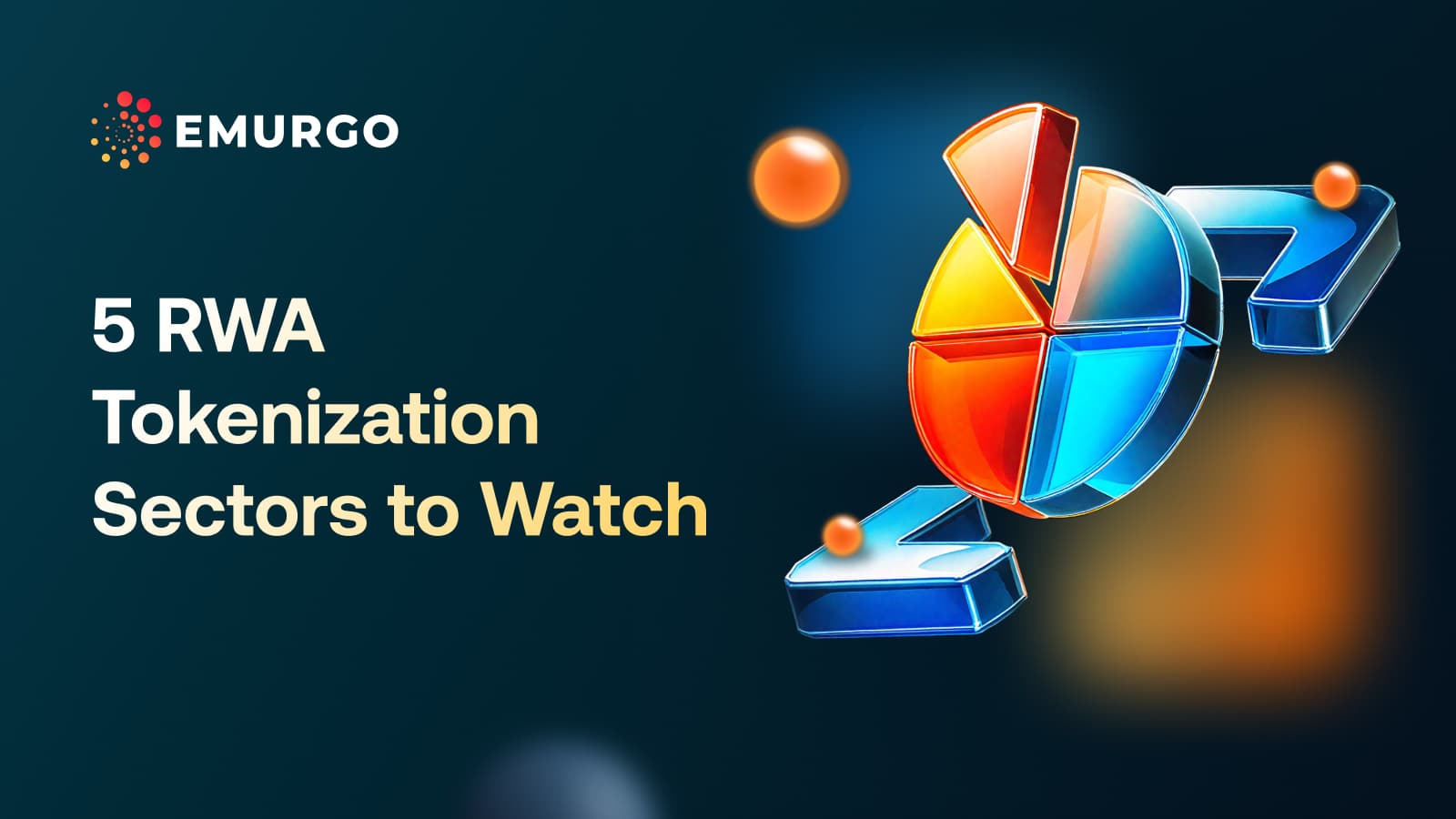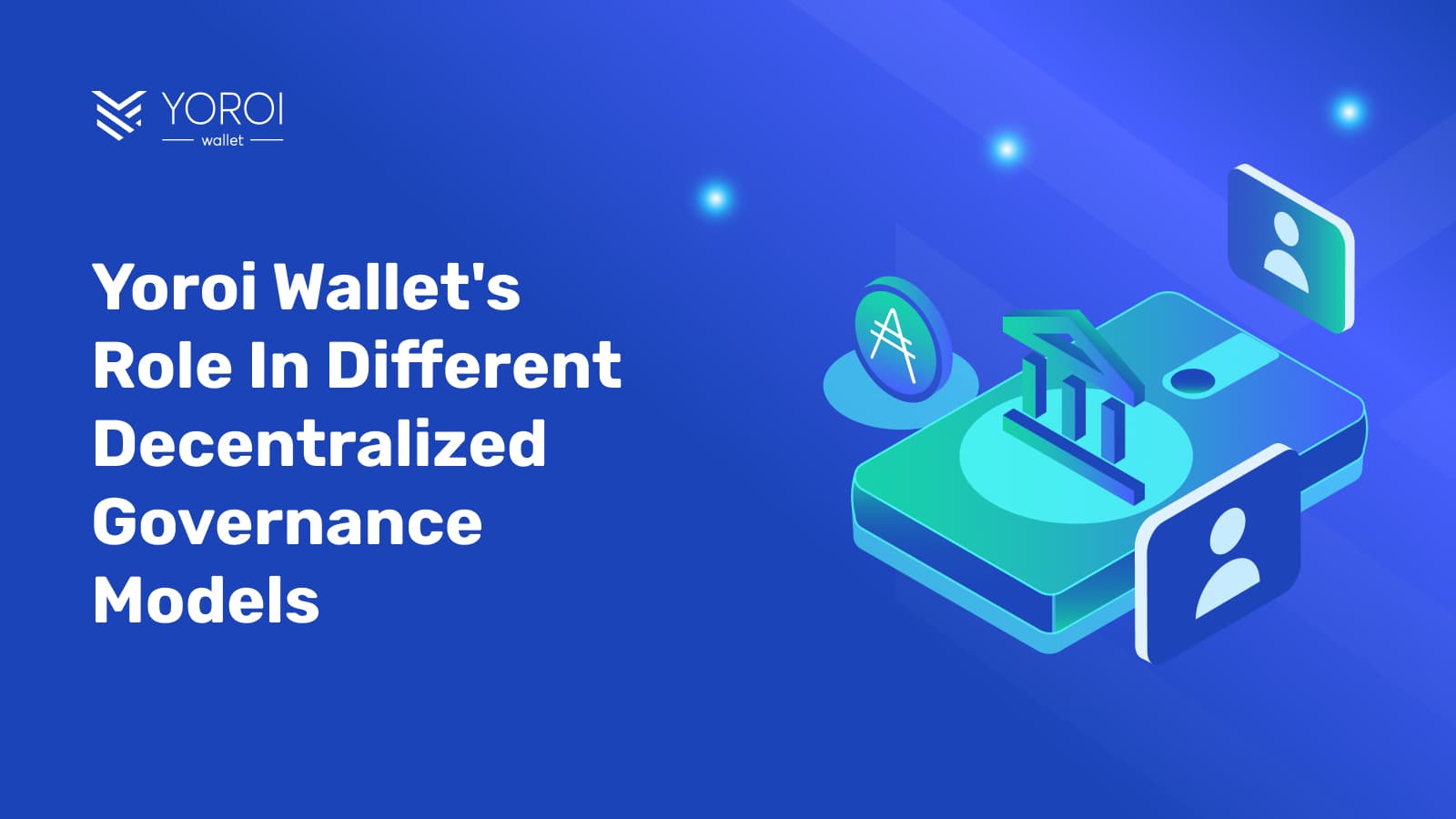Smart contracts audits are designed to prevent decentralized application (dApp) hacks and the loss of dApp user funds as the smart contracts of dApps are typically programmed by human developers and thus vulnerable to errors and security flaws. Smart contracts are decentralized programmed systems used to manage large amounts of money locked in various types of digital assets through blockchain technology. Once programmed conditions in the smart contracts have been met and triggered, they automatically self-execute. Inevitably, this makes smart contracts huge targets for hackers and criminals. It is always a race between experts securing these systems and those looking to hack them.
If we take only the hacks that have happened to blockchain smart contracts and bridges, the total amount reaches $4.28 billion to date. That large amount has come from the hacked treasuries of many dApp (decentralized application) projects and has destroyed a good number of them and the funds of their users.
One of the best ways to avoid this type of problem is to have a smart contract audit.
Below is an image from a LinkedIn post that has taken data from the rekt leaderboard to highlight the importance of security audits for smart contract projects.

For developers, catching problems with the code they have written is difficult. It’s a standard practice to separate the developers from the auditor of code, even in internal teams.
The audit is a systematic look at a product through the eyes of experts who were not involved in its creation. It’s a crucial step towards having safety assurances and being able to ship a dApp product ready for general use.

The blockchain industry is fraught with attacks. As we have mentioned previously, there have been multiple billions of dollars in digital assets stolen from blockchain-based projects. It’s such a profitable enterprise that in some cases nation-state actors are directed to attack smart contracts.
The audit also helps the users by providing some level of guarantee to people that the project has been vetted by external security professionals. Many users won’t prefer to adopt a new dApp if the dApp team is not able to provide an audit report.
The security of a project is paramount but there are also other reasons. The development of a dApp can be a very insular process. As a team works on the code base, they can lose sight of new techniques or advances that could make things work faster, cheaper, or better.
Auditors are exposed to several projects and thousands of lines of code. They sign privacy agreements with projects, but there are still things that can be learned and shared by them. These include best practices, new development tools, blockchain service providers, automation solutions, and much more.
In this way, a team can learn a lot about what is new or what is the cutting edge of development in a blockchain ecosystem. They can use these findings to improve their current dApp or schedule them for future updates.
There are defined stages to a smart contract audit, but it’s also important to remember that there is no unified standard. Audits are performed by companies that all have a clear, documented internal methodology and they approach a contract with their method.
Also, there are many different ways to develop the same dApp. This means that to some extent, each audit is unique and has to be configured case-by-case. But there are still steps commonly taken when performing an audit:

Audits are not a standardized process. In many cases, the auditing contractor will have a unique approach that adjusts to their background and experience. Each of these providers has developed a system using a custom methodology.
Additionally, there are many ways to create a decentralized application. For example, an NFT marketplace can be created using interlinked smart contracts or not using smart contracts at all and having a traditional backend handle all buy and sell requests.
This means an auditing firm has to tailor an audit to the systems and technology stack a project is using. Yet, there are still some common steps that most auditors take:
1) Prepare models of code architecture
The first step is to collect all the design documents and initial code logic. Auditors first aim to understand what is the purpose of the dApp and what are the expected results. So, going through the initial designs plus understanding the logic of the product is important.
2) Run unit tests
After, the next step is to go through unit tests of all the contract functions. These tests aim to give a picture of what is the output of each function in a smart contract or a collection of smart contracts.
They do not test for interaction between smart contracts. These only focus on individual outputs and any possible mistakes in those outputs. They are a standard method and many developers use unit testing when creating a dApp even without auditors.
3) Select auditing methodology
Now, this is the part where the expertise of the auditing firm comes into play. Once they have reviewed the design documents and run the usual unit tests, they must plan a way to test the whole dApp.
It can be a very demanding process since dApps have different designs and also use different tools. At this stage, the team of auditors creates a custom process for the testing of interactions between different smart contracts, the probabilities of ending in erroneous states, and other vulnerabilities.
4) Draft audit report
Next, the auditors prepare a draft report and share it with the dApp team. In most instances, an audit is meant for public reading which means critical vulnerabilities have to be addressed before the text is public.
The team can also find issues that are not critical but could be improved So sharing insights with the dApp developers is important. Once the critical vulnerabilities have been corrected and the code base is stable both teams prepare for the final step
5) Publish the final audit report
The last step is publishing the audit report. Audits normally are shared with the public and become available to anyone to read. It helps to bolster the trust users have for a project and also it serves as a teaching tool for those looking to become developers.
A smart contract audit is an important milestone for any project. It signals that a developer team is ready to have experts look through the code of a new decentralized application. It also shows that a team is serious and ready to provide a new platform for the general public.
In recent times audits have become an important part of the blockchain industry. The companies that provide such services are among the core components of many ecosystems and provide an important service to both developers and users alike.

Are you building a dApp on Cardano?
New to Cardano and want to learn the basics about Cardano?
Then, follow EMURGO on X (formerly Twitter) for the latest information on Cardano, Cardano blockchain education courses, Cardano-related events, and more.
About EMURGO
- Official Homepage: emurgo.io
- X (Global): @EMURGO_io
- YouTube: EMURGO channel
- Facebook: @EMURGO.io
- Instagram: @EMURGO_io
- LinkedIn: @EMURGO_io
Disclaimer
You should not construe any such information or other material as legal, tax, investment, financial, or other advice. Nothing contained herein shall constitute a solicitation, recommendation, endorsement, or offer by EMURGO to invest.



